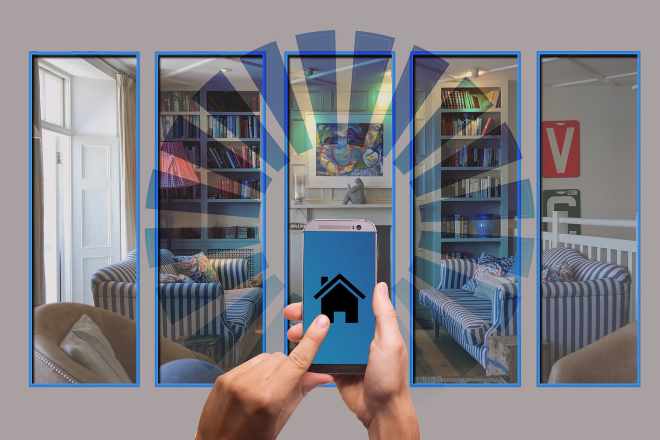Sonder: The Profound Awareness of Others' Complex Lives
The intricacies of human existence often go unnoticed in our daily lives. Yet, there's a term that encapsulates a profound realization - sonder. This concept explores the sudden awareness that every passerby has a life as complex as our own. It's a moment of clarity that can reshape our understanding of society and human connections.

This concept, while not officially recognized in standard dictionaries, has resonated deeply with many, sparking discussions about empathy, perspective, and the human condition. It taps into a universal experience - that moment when we truly grasp the depth and complexity of others’ lives.
The Psychological Impact of Sonder
Experiencing sonder can have profound psychological effects. It often leads to increased empathy and a broader perspective on life. When we realize that every person we encounter has a rich inner world, it becomes harder to dismiss or dehumanize others.
Research in social psychology supports the idea that recognizing the complexity of others’ lives can lead to more prosocial behavior. A study published in the Journal of Personality and Social Psychology found that individuals who were encouraged to consider others’ perspectives were more likely to engage in altruistic actions.
Moreover, sonder can serve as a antidote to the fundamental attribution error - our tendency to attribute others’ actions to their character while attributing our own actions to external circumstances. By recognizing the complexity of others’ lives, we’re more likely to consider situational factors influencing their behavior.
Sonder in the Digital Age
In our increasingly interconnected world, sonder takes on new dimensions. Social media platforms offer glimpses into the lives of billions, potentially amplifying our awareness of others’ complex existences. However, this digital sonder comes with its own challenges.
The curated nature of social media can create a false sense of knowing others, leading to what sociologists call parasocial relationships - one-sided connections where we feel we know someone intimately despite never having met them. This digital sonder, while potentially expanding our awareness of others’ lives, may lack the depth and authenticity of real-world encounters.
Nevertheless, social media and digital platforms have also facilitated global connections and exposure to diverse life experiences, potentially fostering a more global sense of sonder. This expanded awareness can contribute to increased cultural understanding and empathy across borders.
The Societal Implications of Widespread Sonder
If sonder were to become a more widespread and consciously recognized phenomenon, it could have significant societal implications. A collective increase in empathy and understanding could lead to more compassionate policies, reduced conflict, and stronger community bonds.
Urban sociologists have long studied the phenomenon of urban anonymity - the way city dwellers often feel disconnected from the masses of people they encounter daily. Sonder could serve as a counterbalance to this urban alienation, fostering a sense of connection even in crowded, fast-paced environments.
Furthermore, recognizing the complexity of others’ lives could have implications for how we approach social issues. It might lead to more nuanced discussions about poverty, crime, and social inequality, as we consider the myriad factors that shape individual lives and choices.
Cultivating Sonder: Practices and Challenges
While sonder often occurs spontaneously, there are ways to cultivate this awareness more consistently. Mindfulness practices, for instance, can help us become more present and observant of our surroundings, including the people we encounter.
Engaging in activities that expose us to diverse perspectives, such as reading literature from various cultures or engaging in community service, can also foster a sonder-like awareness. These experiences can broaden our understanding of the human experience and remind us of the depth present in every life.
However, maintaining a constant state of sonder presents challenges. Our brains are wired to categorize and simplify to manage the vast amount of information we encounter daily. Consistently recognizing the complexity of every person we meet would be cognitively overwhelming.
The key, perhaps, lies in finding a balance - cultivating moments of sonder while also allowing our minds to operate efficiently in daily life. These periodic realizations can serve as powerful reminders of our shared humanity, influencing our interactions and perspectives even when we’re not actively experiencing sonder.
In conclusion, sonder represents a profound shift in perspective, one that has the potential to reshape our understanding of society and human connections. As we navigate an increasingly complex and interconnected world, the concept of sonder offers a valuable tool for fostering empathy, understanding, and a deeper appreciation for the rich tapestry of human experience that surrounds us every day.





